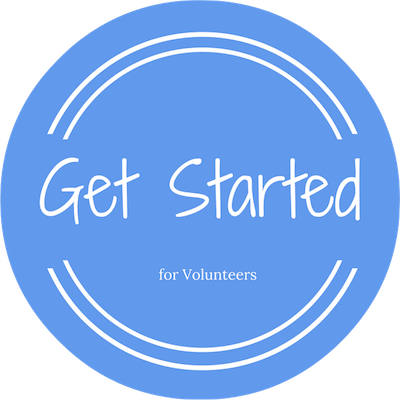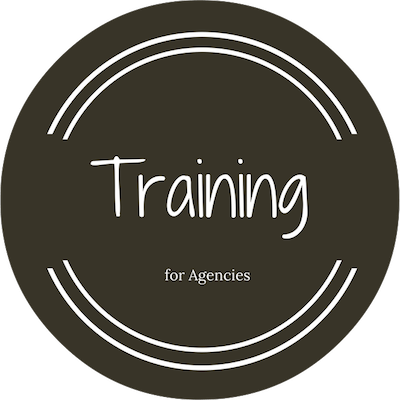- Be realistic and clear about the amount of time you can commit. It is easier to start small and increase your commitment than to have to back out because your schedule is overwhelming.
- Visit the organization you are interested in before committing yourself. Get a sense of the staff and clients you will be working with and a feel for the overall environment.
- Research the agency’s purpose and how your role as a volunteer fits into their mission. Sometimes what may seem like an insignificant contribution to you makes all the difference to the people or to the program that you are assisting.
- Ask for a job description of your volunteer work. It helps you decide if the work is an appropriate fit for you, and it provides a set of standards or expectations when you do volunteer. You don’t want to set aside time to work at an agency only to arrive and find there is nothing to do. A job description goes a long way towards troubleshooting problems.
- Ask about training and supervision. If an organization is asking you to perform a task, will they provide the support necessary for you to be successful?
- Volunteering is an opportunity for personal growth. Request an evaluation of the work you have performed, or a letter of recommendation should you decide to list your volunteer service on a school or job application.
- Enthusiasm is the key. If you are not excited about the program, chances are you are not going to be thrilled giving up time in your day to go there. Choose a volunteer opportunity that enhances a hobby, skill, or personal interest.
- Try to select an agency that is close to home or school. The more convenient it is for you to get there, the greater likelihood that you will keep going.
- Go for it! Giving back to your community is something that everybody can do. You don’t need any special diploma or certificate to volunteer. You only need a willingness to get out there in the community and make a positive impact.
As Martin Luther King Jr. said,
“Everybody can be great, because everybody can serve!”






